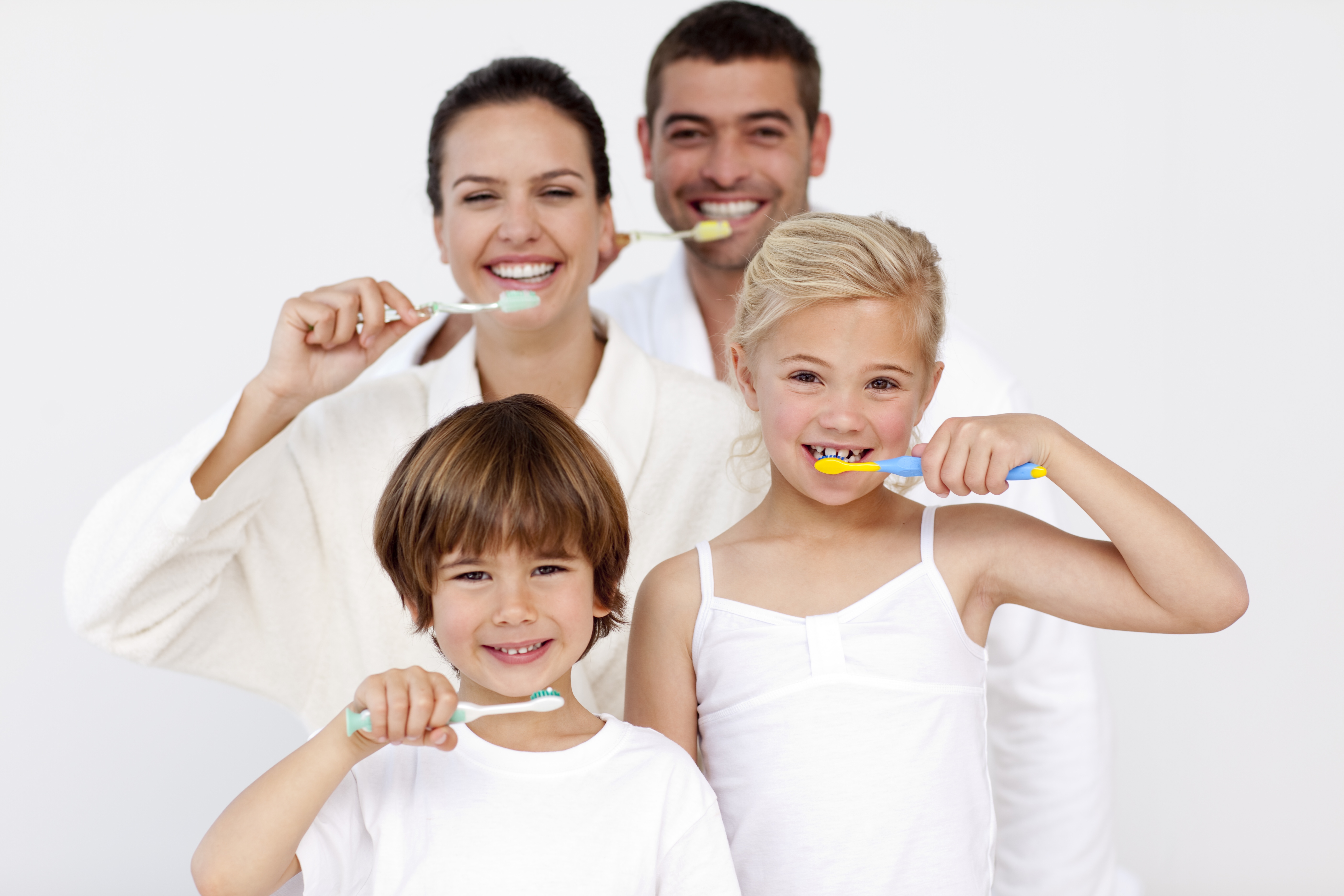If you’re like most people, the coming of a new year is a time to think about making new year’s resolutions for a healthier, happier you. If you’re tired of making—and breaking—the same resolutions to save money, get more organized, or lose weight, think about these four simple resolutions you can make for a healthier mouth, which can lead to better overall health.
Eat More Fruits and Veggies
If this sounds like a resolution for weight loss, consider that eating more fruits and vegetables, and a healthier diet all around, can help you lose weight at the same time that it improves your oral health. Nutrients in fruits and vegetables help to build your immune system, improving your ability to fight off infection like gum disease, inflammation, and bacteria in your mouth. Raw, crispy fruits also help reduce plaque buildup on the teeth, leading to fresher breath and fewer cavities. As a bonus, it will also help you work toward that other weight loss resolution.
Quit Smoking
Smoking is one of the main causes of oral decay, including tooth discoloration, cavities, receding gums, infection, and lung and oral cancers. Both cigarettes and smokeless tobacco can double your risk of losing your teeth, but fortunately once you stop smoking, the risk of tooth loss and other diseases immediately decrease.
Start Flossing
If you think your mouth is healthy because you already brush twice a day, it could be a lot healthier if you add flossing to that routine. Flossing helps remove hard-to-reach plaque that builds up between teeth and near the gum line, where you toothbrush can’t reach, and where gum disease often begins. It only takes 2 minutes to floss your teeth, so if you add that to your 2 minutes of brushing in the morning and night, you’re still spending less than 10 minutes a day to get a healthier mouth.
Go See a Dentist
There is no substitute for seeing your dentist regularly for cleanings and check-ups. If you haven’t been to the dentist in a while, make a new year’s resolution to schedule an appointment. Your dentist can help you identify and prevent oral health problems before they become major issues, and may notice subtle signs of disease that you would otherwise not see on your own. There are affordable places you can go for dental care, including the Dental Clinic at Roseman University, if you don’t have a dentist or you can’t afford to go to the dentist because you don’t have insurance.



